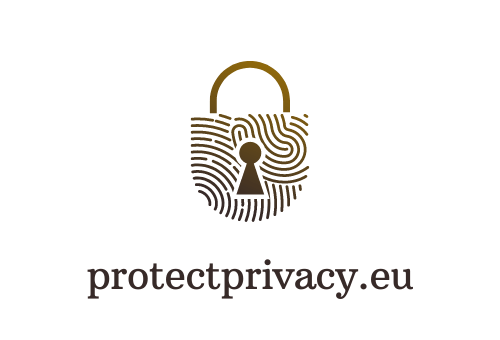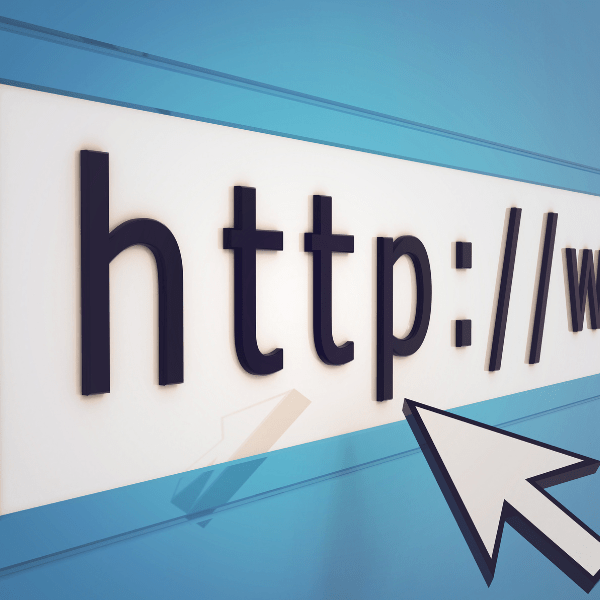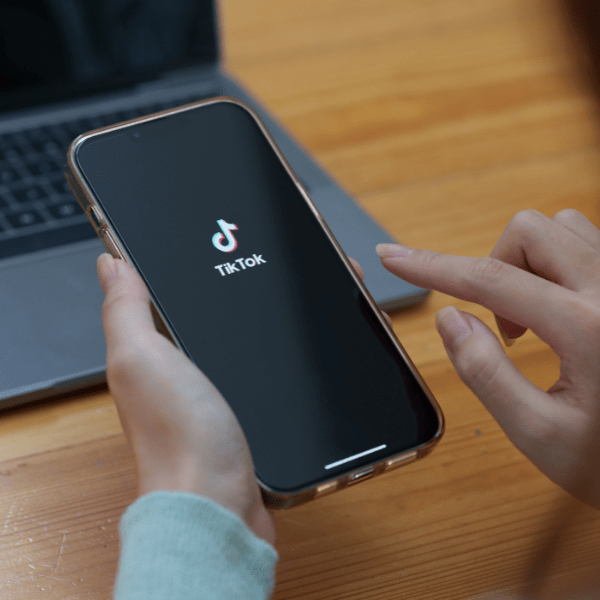Exploring VPNs: A Bulletproof Solution to Internet Privacy Violations?

As digital threats continue to evolve in complexity and scale, internet users globally are hunting for ways to safeguard their online privacy. One of the most popular solutions is the use of Virtual Private Networks (VPNs). While VPNs undoubtedly enhance online security, the question remains – do they offer a completely bulletproof solution to privacy violations on the internet? This article will provide an in-depth analysis of the pros and cons of VPNs, and their efficacy in preserving internet privacy.
Understanding VPNs
VPNs are essentially private networks that allow you to connect to the internet in a secure manner. They do this by encrypting your data and rerouting your internet connection through a server located elsewhere. This process not only conceals your online activities from your Internet Service Provider (ISP) and potential hackers but also masks your IP address, making you appear to be browsing from a different location.

The Pros of VPNs: Boosting Internet Privacy
The primary benefit of VPNs lies in their ability to offer enhanced privacy and security. They create a secure tunnel between your device and the internet, protecting your data from prying eyes. Moreover, by hiding your IP address, VPNs can prevent your online activities from being traced back to you, offering an additional layer of anonymity.
VPNs also enable you to bypass geo-restrictions, thereby granting you access to a wider range of digital content. This feature has made VPNs particularly popular among individuals seeking to stream content not available in their region.
See also: Maximising Savings: How A VPN Can Help You Save Money
The Cons of VPNs: Not Completely Bulletproof
Despite the aforementioned benefits, VPNs are not a completely bulletproof solution to privacy violations. For starters, while a VPN can hide your activities from your ISP, the VPN provider can still access this information. This can pose a problem if the provider lacks a robust privacy policy or is located in a country with invasive data retention laws.
Secondly, VPNs cannot protect you from cookies and tracking technologies websites use to gather information about their visitors. Additionally, VPNs don’t provide protection against phishing attacks, malware, and other online threats that can compromise your privacy.
Furthermore, VPNs may slow down your internet connection due to the data encryption process and rerouting through a different server. Some VPNs may also have weak encryption standards or might suffer from data leaks, exposing your data to potential risks.

Balancing Expectations with Reality
In conclusion, while VPNs certainly elevate your online security and privacy, they do not provide a completely bulletproof solution. A multitude of factors influences your privacy on the internet, and no single tool can guarantee complete protection. Therefore, balancing your expectations of VPNs with the reality of their limitations is crucial.
That said, using a VPN is still one of the most effective ways to protect your online privacy. When choosing a VPN, consider factors like encryption standards, privacy policies, and the provider’s jurisdiction. Furthermore, supplement the use of a VPN with other security measures such as secure browsers, ad-blockers, and anti-malware software.







